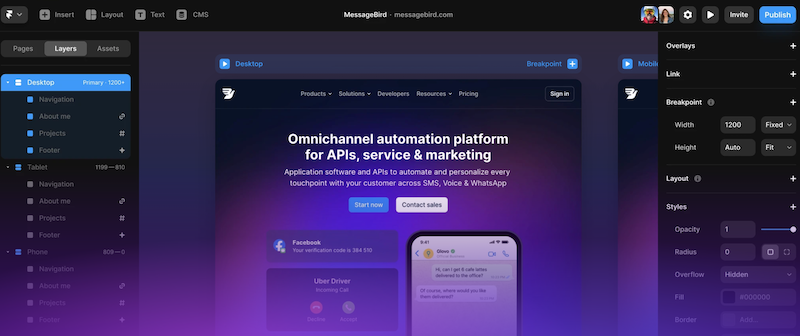In the dynamic world of digital design and web development, performance is paramount. Websites must not only be visually appealing and user-friendly but must also perform optimally for the best user experience. This blog post aims to shed light on the relationship between speed and WordPress themes, and how design directly impacts your site’s performance.
Understanding the Importance of Website Speed
Before delving into the specifics of WordPress themes and their impact on site speed, it is crucial to understand why website speed matters in the first place.
Website speed directly affects user experience, search engine ranking, and overall site performance. According to a study by Google, “53% of mobile site visits are abandoned if pages take longer than 3 seconds to load.” Speed is, therefore, critical to maintaining a low bounce rate and keeping visitors on your site longer.
Speed is also a key factor in Search Engine Optimization (SEO). Search engines like Google prioritize fast-loading websites in their rankings, meaning if your site loads slowly, it might rank lower in search engine results like what we have seen when working on a heavy website like productxy.com.
How WordPress Themes Impact Site Speed
1. Theme Complexity and Performance
One of the most common culprits behind slow WordPress websites is theme complexity. More elaborate and feature-rich themes can often lead to slower site speeds.
Some WordPress themes come with numerous features, widgets, sliders, and animations. While these features might make a site more visually appealing, they can also make it significantly slower. Therefore, striking a balance between aesthetics and performance is crucial.
“You don’t need to use all the bells and whistles that come with a theme. Use only what you need and keep your site clean and fast,” says Adam Connell, a well-known WordPress developer and expert.
2. Quality of the Theme’s Code
Not all WordPress themes are created equal, especially in terms of code quality. Themes with poorly written code can negatively impact your site’s speed and overall performance.
When choosing a WordPress theme, it is advisable to opt for a well-structured, cleanly coded, and SEO-friendly theme. Avoid themes bloated with excessive HTML, CSS, and JavaScript, as they often take longer to load.
3. Size of the Theme’s Files
The size of the theme’s files directly impacts the loading speed of your website. Themes with large file sizes, including images, JavaScript, and CSS files, tend to load slower than themes with smaller file sizes.
It is therefore important to choose a lightweight WordPress theme and optimize all media files used within the theme to ensure that they are as small as possible without compromising quality.
How to Choose a Speed-Optimized WordPress Theme
Now that we’ve covered why website speed is crucial and how WordPress themes can impact site speed, let’s look at how to choose a speed-optimized WordPress theme.
1. Prioritize Simplicity and Functionality
Select a theme that provides the functionalities you need while keeping simplicity at the core. As previously mentioned, not all flashy features are necessary. “Functionality over form should be your mantra when selecting a WordPress theme,” emphasizes web developer Sophia Wells.
2. Check the Theme’s Speed Score
Before installing a theme, test its speed. Several tools are available online, such as Google’s PageSpeed Insights and GTMetrix, which can give you a clear idea of a theme’s speed.
3. Opt for a Responsive Design
With more and more users accessing websites on mobile devices, choosing a responsive theme is no longer just an option—it’s a necessity. Responsive themes are designed to adapt to different screen sizes, ensuring an optimal user experience across all devices.
Conclusion: Balancing Design and Performance
In conclusion, while WordPress themes play a crucial role in determining the visual appeal of your site, their impact on site performance cannot be overstated. Selecting the right theme is a balance between design and speed. Aesthetically pleasing websites attract and retain users, but if they don’t load quickly, users won’t stick around long enough to appreciate the design.
As you venture into the vast world of WordPress themes, keep these points in mind. A theme’s speed and performance should be just as important as its design and aesthetics. With careful theme selection and optimization, you can strike the perfect balance, leading to a better user experience, improved search engine rankings, and, ultimately, a more successful website.





